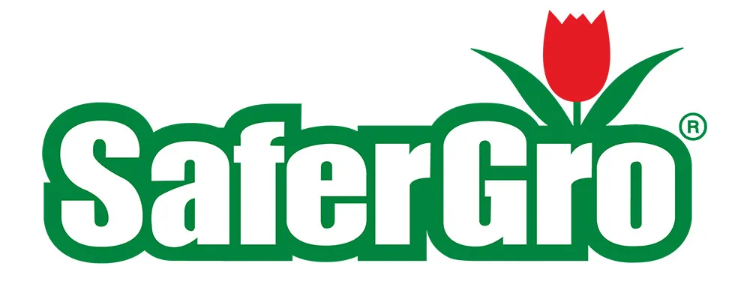How to Supplement Trace Minerals in Your Horses Diet
Although they only make up a small portion of horses diets, minerals play important roles in many physiological functions including enzyme reactions and coat quality. These minerals cannot be synthesized within the horse’s body, so ensuring your horse is receiving these minerals through either feed or supplementation is crucial for its health and performance.
Minerals can be split into two categories:
- Macrominerals: sodium, chloride, magnesium, calcium, phosphorus, and potassium.
- Microminerals: selenium, copper, zinc, manganese, iron, iodine, and cobalt.
How much of each mineral your horse needs will change depending on its age, reproductive status, and activity level. Many horse owners rely on commercial feed or on a nutritionist support to ensure their horses are receiving adequate amounts of minerals. Regardless, horse owners should have a general idea of the important roles and functions of these minerals. This will help you to spot potential deficiencies and provide adequate supplements before the symptoms of deficiency worsen.

Macrominerals
Macrominerals are minerals that are required in relatively larger amounts. Typically, these minerals are given as grams per kilogram body weight
Calcium & Phosphorus
These two minerals have important roles in proper bone and teeth development. They are group together because they must fall within a specific ratio for the body to be able to utilize and absorb both minerals. Typically, the calcium to phosphorus ratio is equivalent to 1:4:1
Magnesium is a co-factor for over 300 metabolic reactions, meaning without magnesium many important processes in the body can not be carried out. It is also a mineral responsible in many nerve and muscle functions.
Potassium
Potassium acts as an electrolyte and is found within cells helping to maintain fluid volume. A horse that is heavily exercised loses large amounts of potassium through its sweat. Providing these horses with an electrolyte replacement allows for quicker recovery and replenishes what is lost.
Sulfur
A building block for many molecules throughout the body, Sulfur is needed for amino acids, methionine, and to structure b-vitamins. Sulfur is also essential for horses to produce keratin, an important component of hooves and hair.
Sodium & Chloride
Often found together, sodium chloride or salt is a major electrolyte that supports fluid balance and proper nerve transmission.

Microminerals
Microminerals are required in relatively small quantities, but this does not mean these minerals are any less important. Many microminerals play crucial roles in multiple biological processes throughout the body. Typically, microminerals can be seen given in either mg or parts per million.
Iodine:
Thyroids need iodine in order to synthesize the hormones T4 and T3. Inadequate levels of iodine can lead to hypothyroidism and causing a goiter, or an enlarged thyroid gland.
Copper:
Copper is a component of connective tissues, cellular enzymes, and strong hooves. Copper is commonly found in forages and pastures, but certain regions may have copper deficiencies in soil meaning owners have to supplement this mineral into their horse’s diet.
Iron:
Iron is an important trace mineral that is a part of hemoglobin, the protein responsible for carrying oxygens in red blood cells.
Selenium:
This essential micronutrient works closely with vitamin E as an antioxidant. Like copper, selenium concentration in soil varies from region to region.
Zinc:
Zinc is very important when it comes to a horse’s nutrition and health. It is responsible for many biological processes, reproduction, skin and coat health, gene expression, and immune function.
Manganese:
Manganese is involved in bone formation and is responsible for maintaining healthy joints.
Cobalt:
In horses, cobalt is converted to B12 vitamins by the hindgut, or cecum, microflora. It is necessary to support exercise performance.

Summary
Minerals are essential nutrients that are needed to support all aspects of your horse’s health, including immunity, skin and coat care, reproduction development and performance. It is important to note that equine diets can often be deficient in several minerals, and long-term deficiencies can be detrimental to your horse’s health. Because the bulk of a horse’s diet is forages, hays, grasses, and pastures, it is not always easy to know the mineral concentration of all forages since they can vary in quality. Supplementing your horse’s diet with a quality, well-rounded mineral supplement like MinStar can be an easy solution and gives owners peace of mind knowing they are providing their horse with the necessary nutrients.
Special mineral mixes can even be given to target specific goals. Check out our all our horse care products to match theses goals with safe and reliable products.
